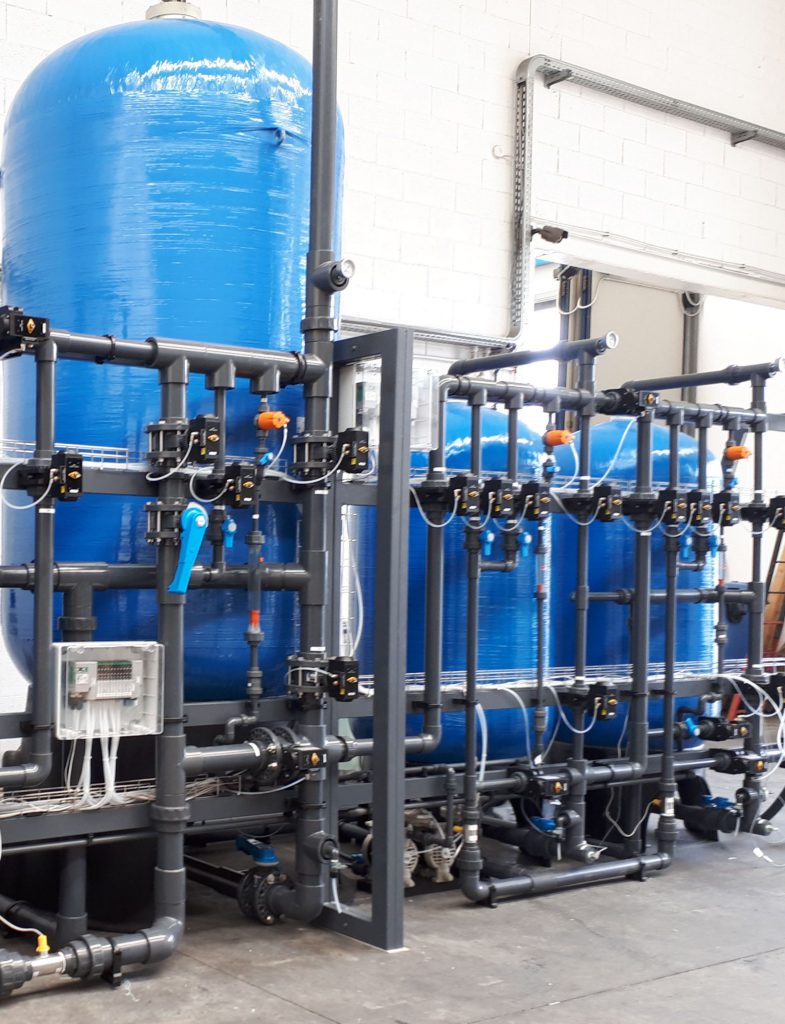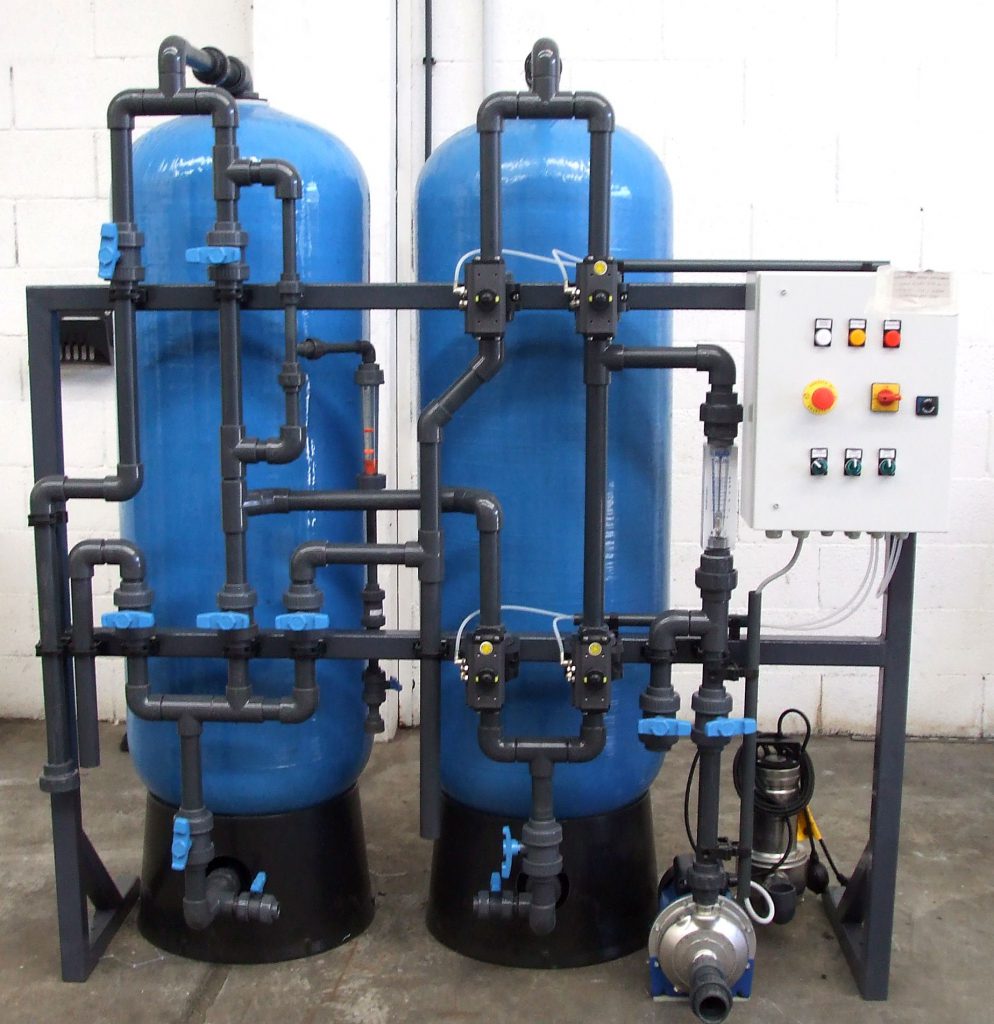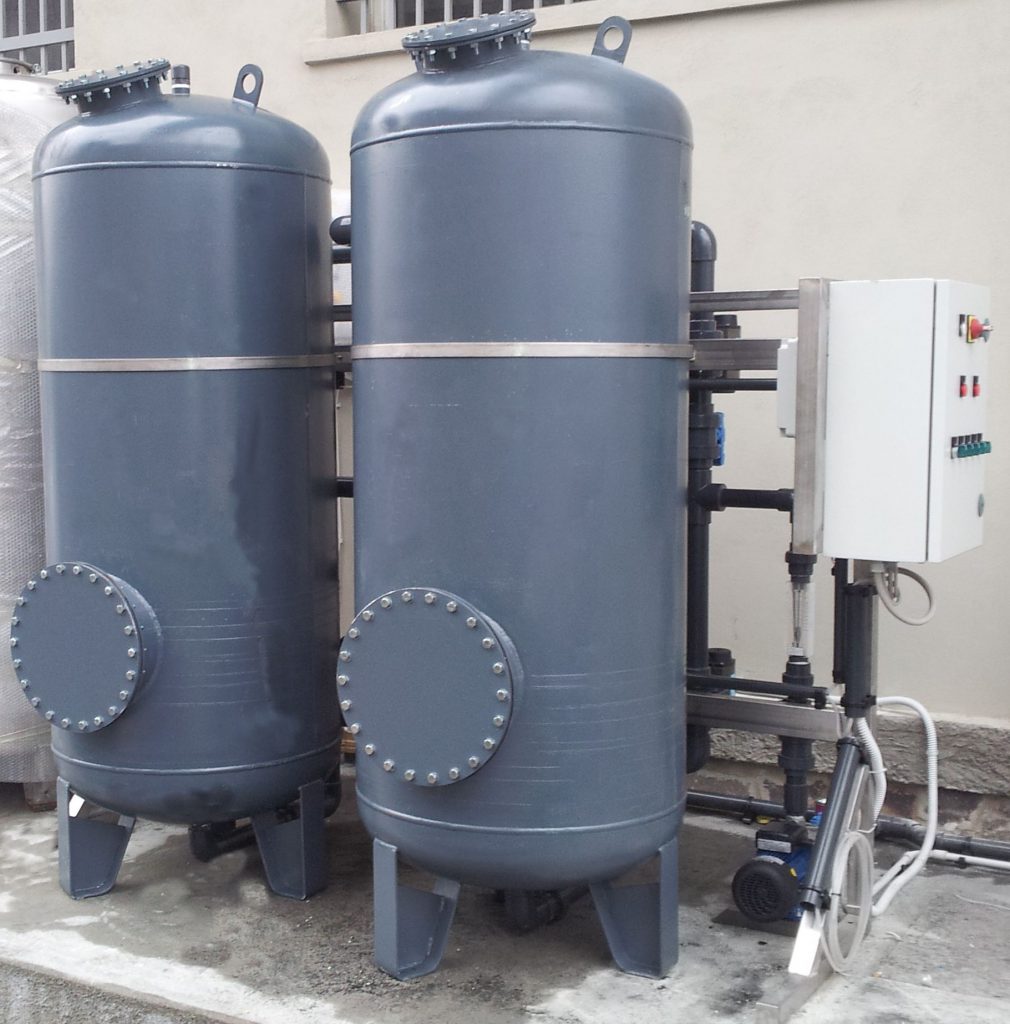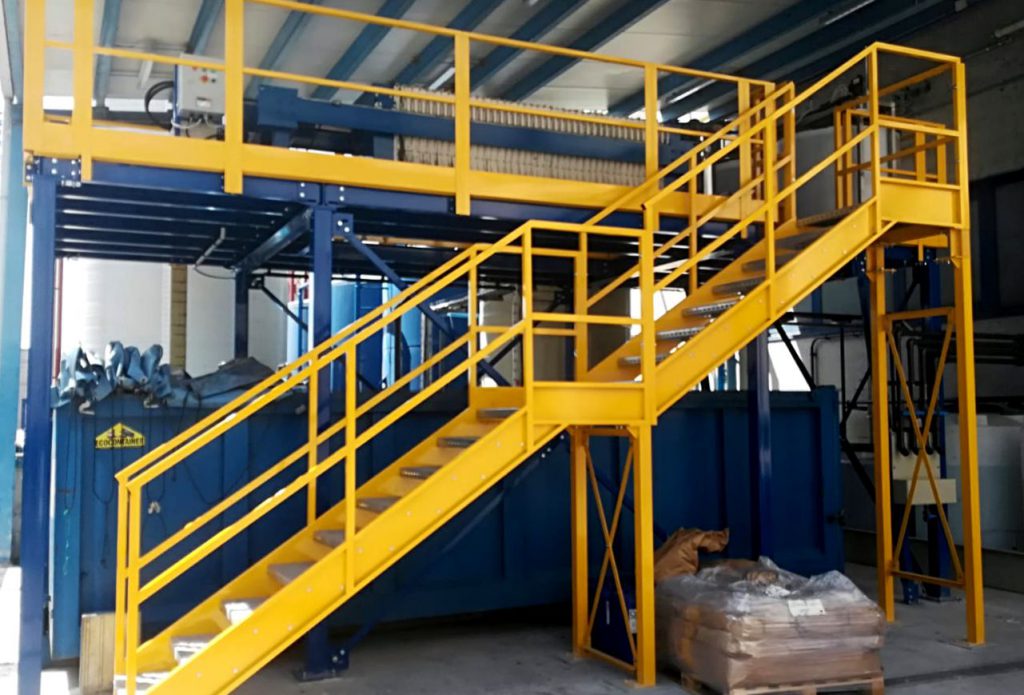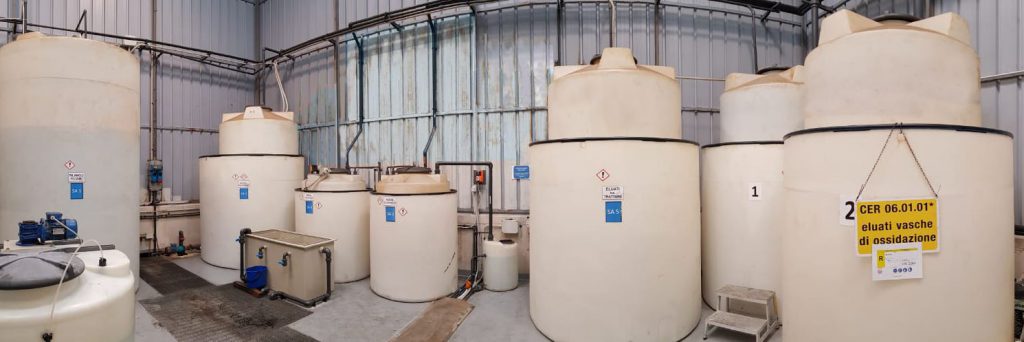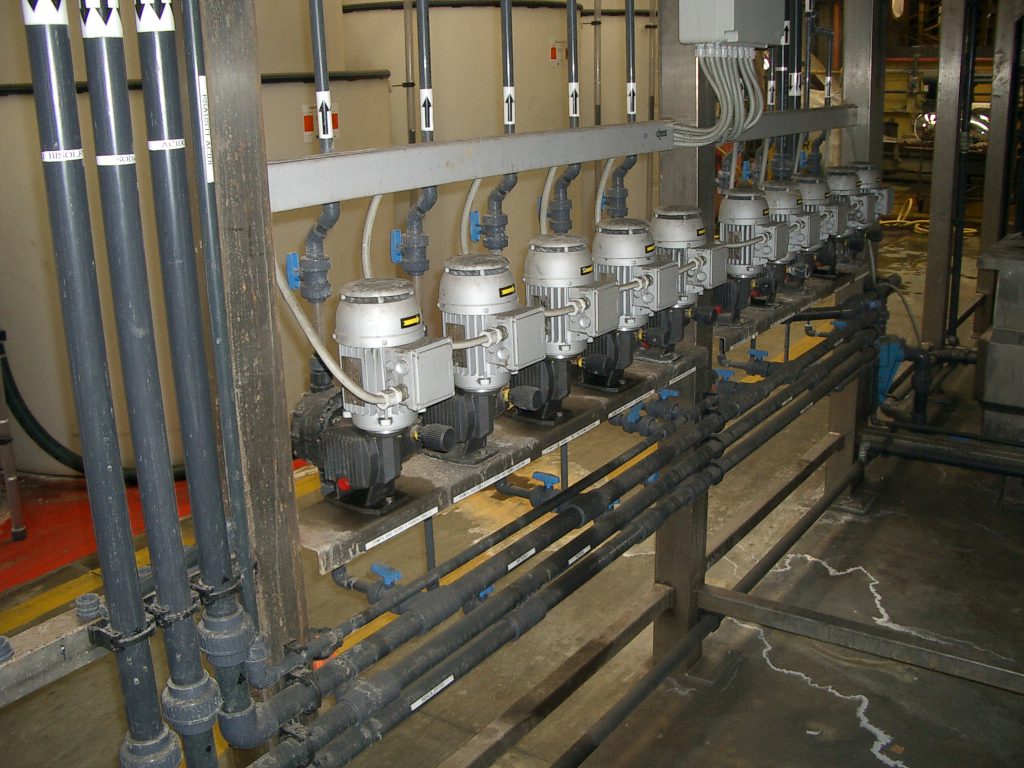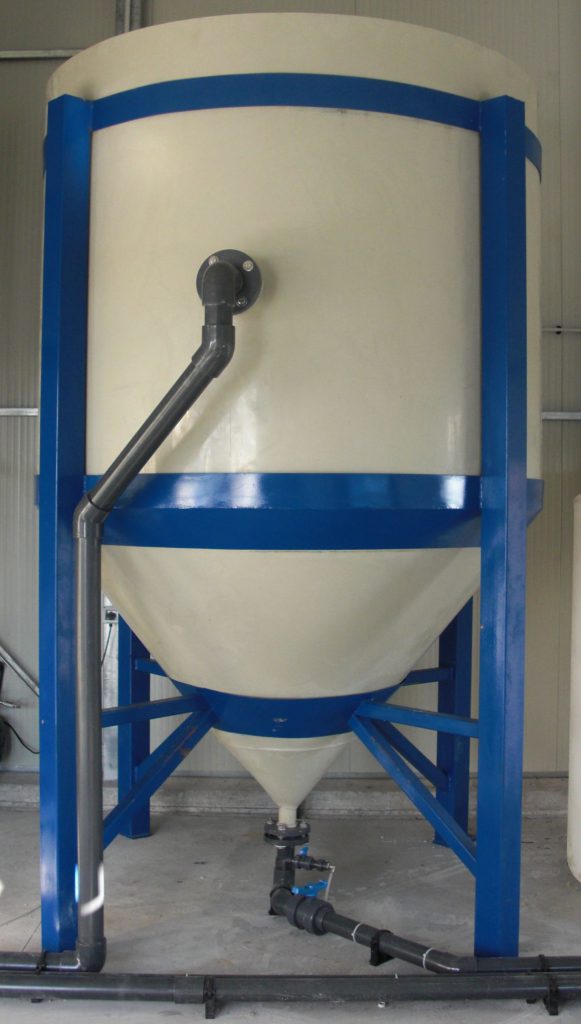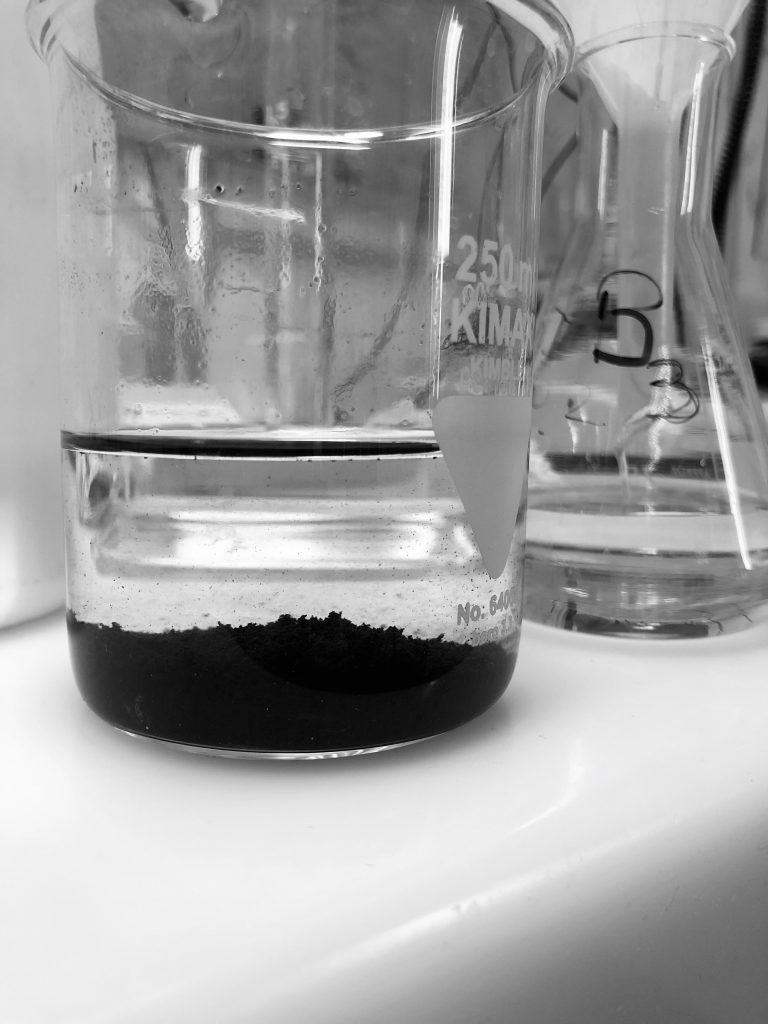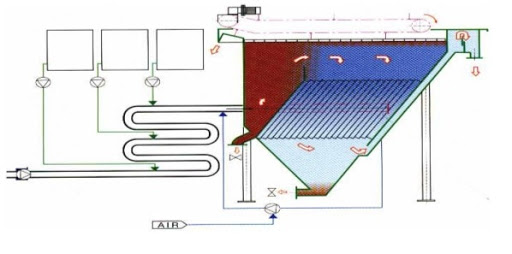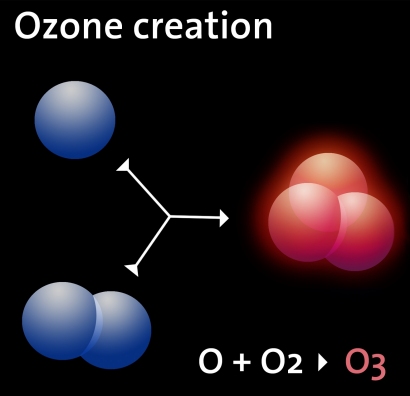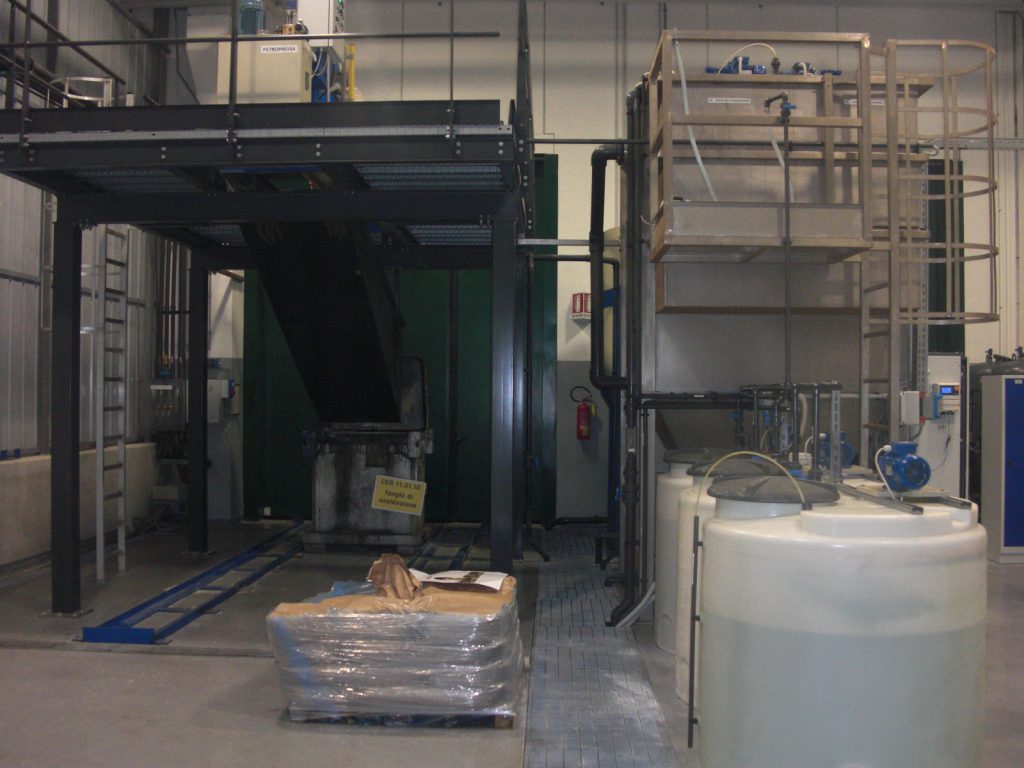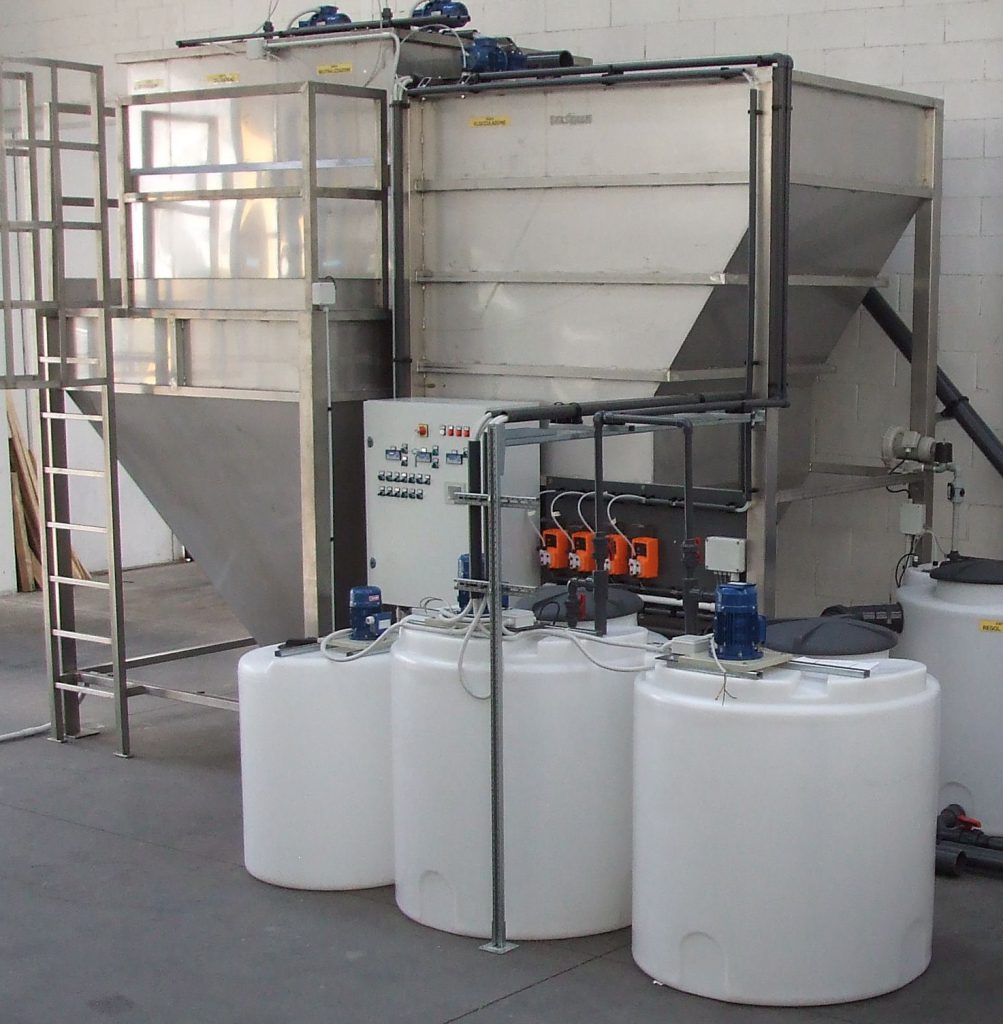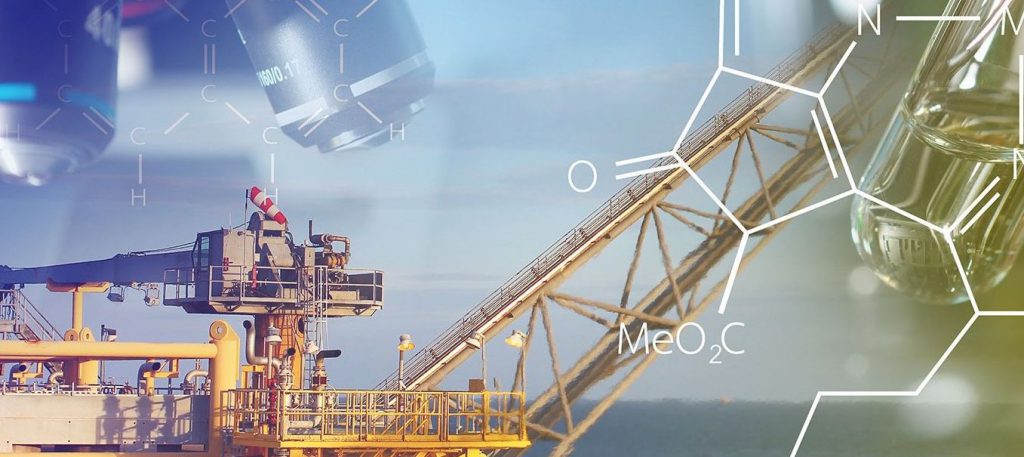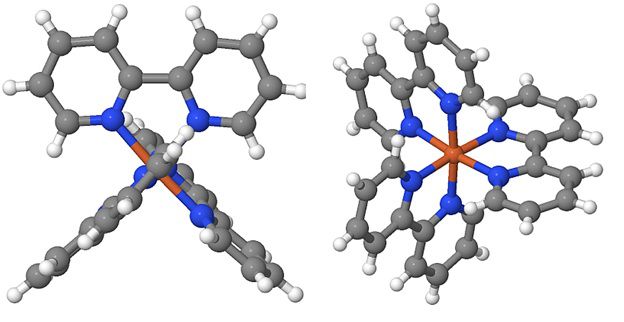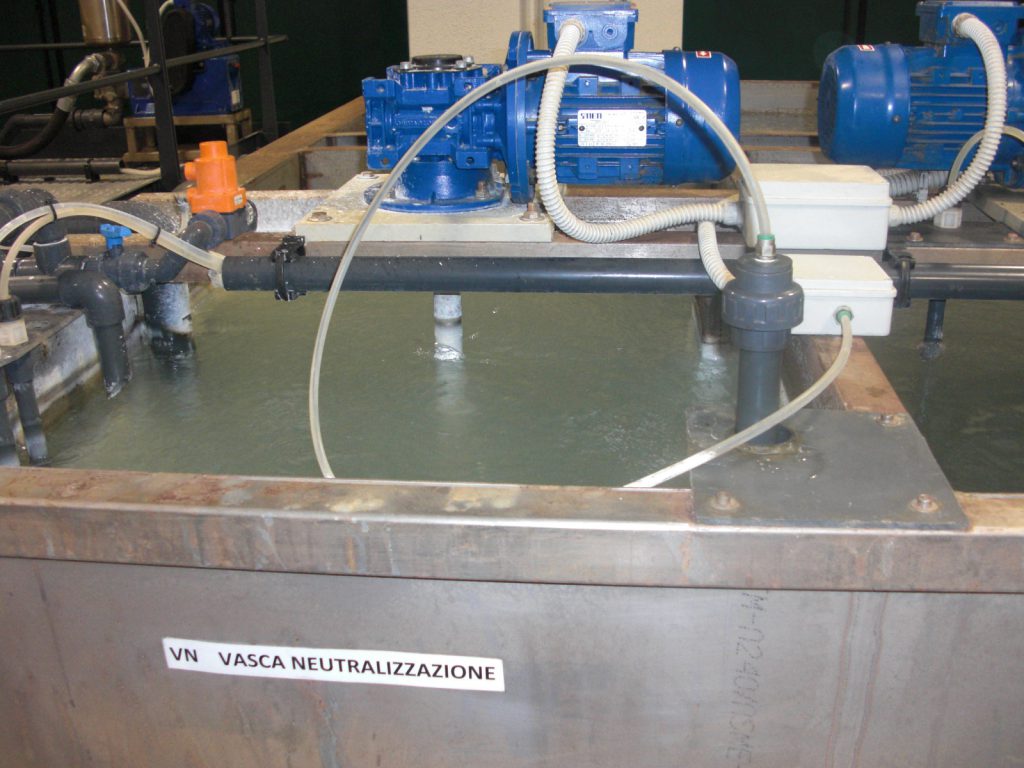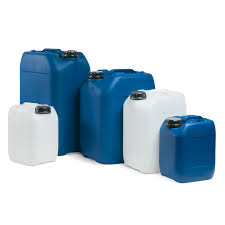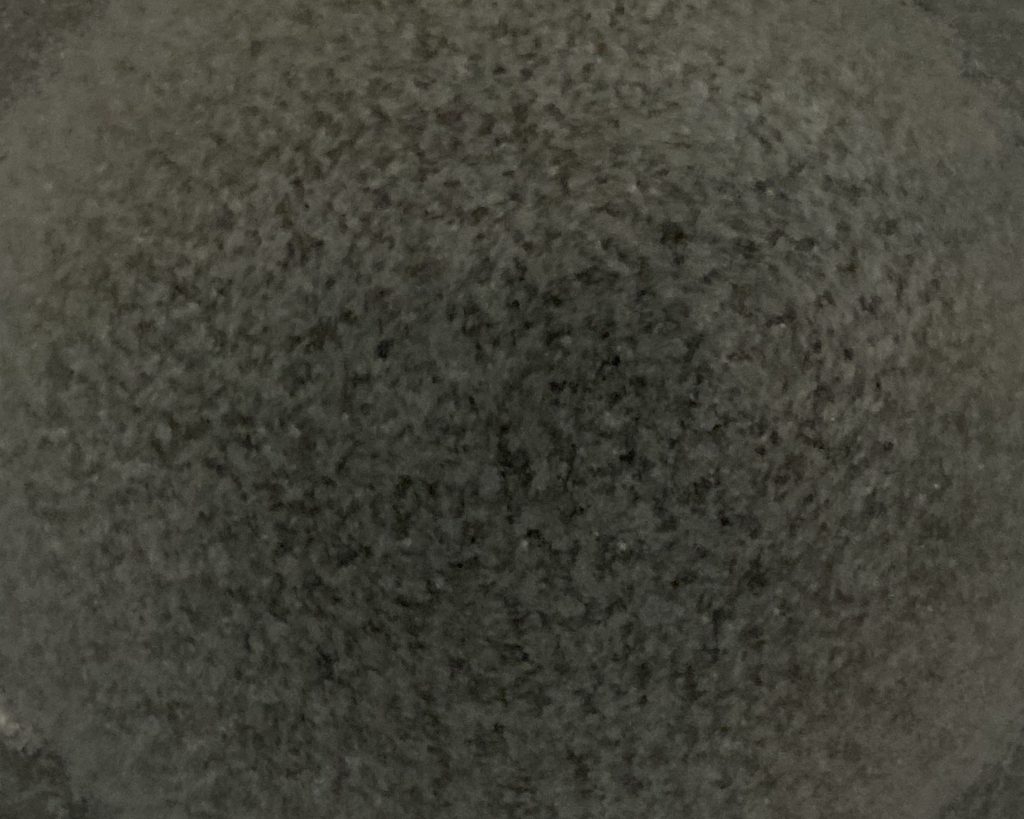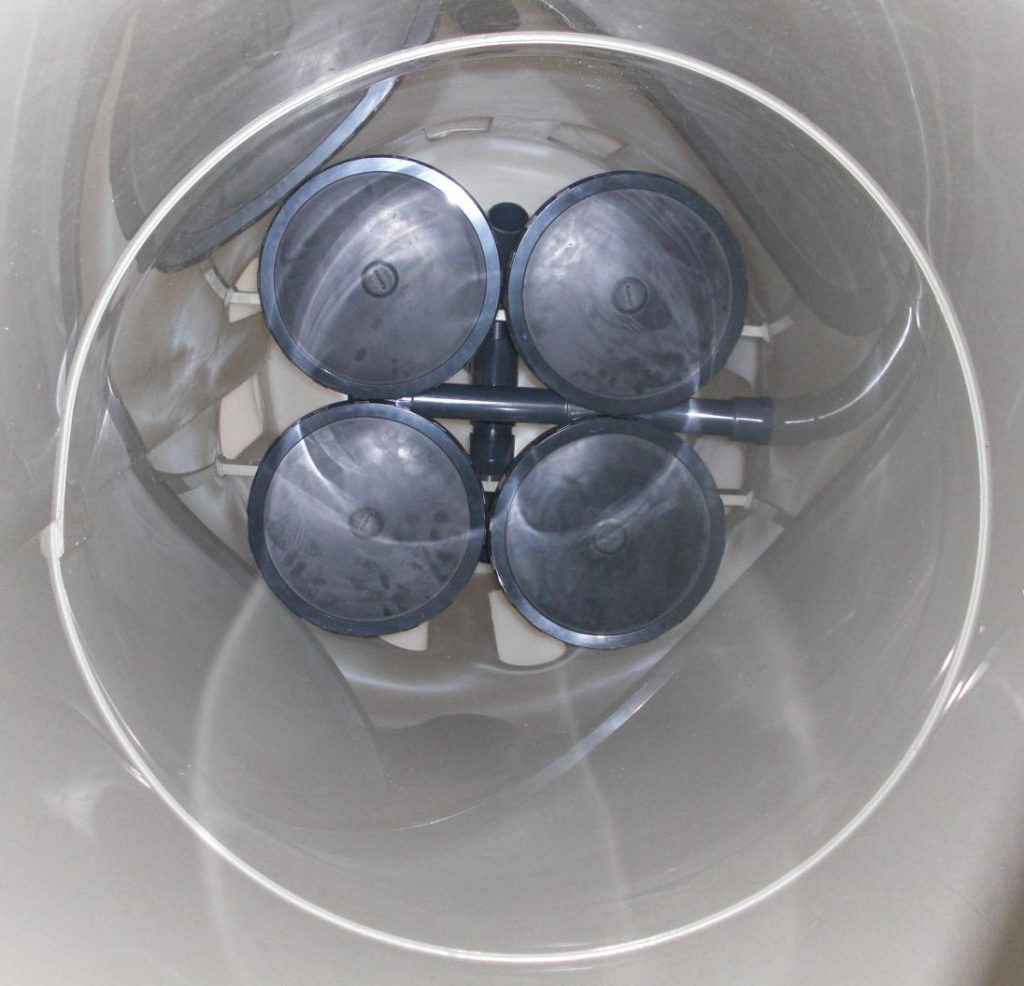The chemical-physical purification plants are the result of a well-defined and structured project, the final presentation that is made is a series of steps and reactions necessary to realize the purification system.
The absorption stage in a purification plant is necessary when the wastewater contains substances that are difficult to biodegrade such as EDTA, surfactants, mineral oils, solvents, organic substances, Cod, etc.
The chemical-physical purification plants that have to treat this type of substances are equipped with an absorption stage that retains these substances and facilitates subsequent flocculation and clarification reactions.
The dosage of absorbent or catalyzing substances in a chemical-physical purification plant can effectively retain substances called hydrophilic and hydrophobic.
During the sizing of chemical-physical purification plants, the absorption stage may be necessary to treat substances such as EDTA or polycarboxylates, which are also substances with little degradability and with the properties to bind and form chemical bridges with other pollutants, preventing water flocculation and reducing the efficiency of purification, the absorption of these substances, greatly improves the yields of the chemical-physical purification plant with the result of improving the subsequent stages.
In case of strong presence of surfactants or EDTA, it is recommended to adopt a purification system called Fenton Process, this process is very effective with 96 % yields for the Cod and surfactants abatement.

